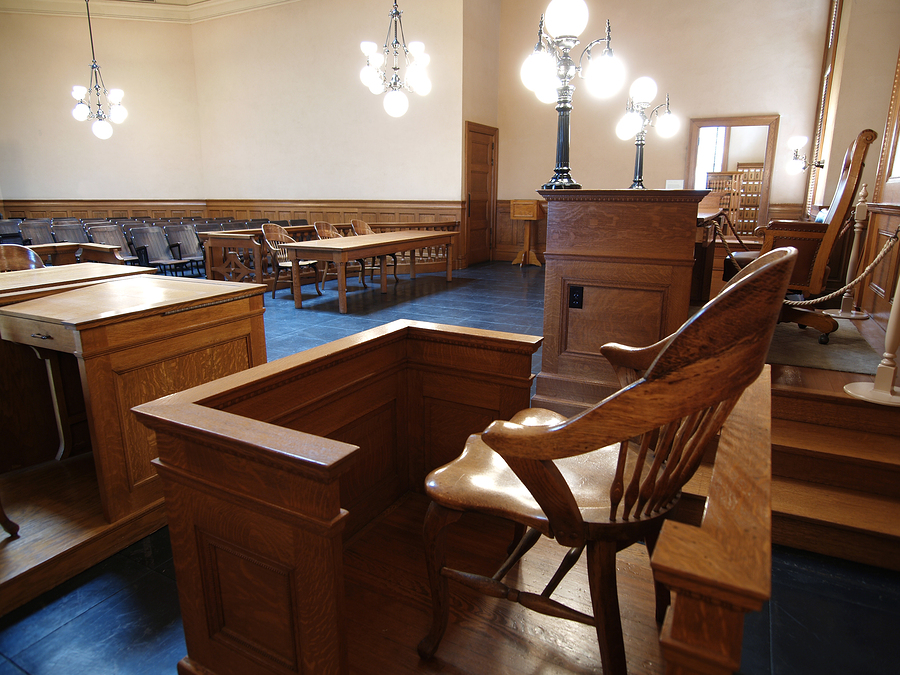Last week, I discussed Mandel v. M&Q Packaging Corp., a case which recognizes that an employee who sent sexual emails at work still can pursue a sexual harassment claim. Mandel also addresses when an employee can use evidence that someone else experienced harassment to prove her own harassment claim. In other words, it discusses when an employee can offer so-called “me too” evidence in a harassment case.
Mandel recognizes that whether you can use evidence that someone else experienced sexual harassment to try to prove your own case depends on the circumstances. The most important factor is how related or similar the two forms of harassment are to each other. A previous United States Supreme Court case, Spring/United Mgmt. Co. v. Mendelsohn, recognizes that depending on the circumstances, “me too” evidence can be used to prove a discrimination or harassment case even if the harassment involved a different supervisor.
 Applying this principle in Mandel, the Third Circuit ruled that the lower court correctly prohibited Ms. Mandel from relying on evidence of harassment toward two other women. It explained that while Ms. Mandel worked for a subsidiary, M&Q Packaging, the other two women worked for its parent company, M&Q Plastic Products, Inc. As a result, the Third Circuit found the harassment the other women experienced was not similar enough to the harassment Ms. Mandel alleged she experience. It therefore ruled that Ms. Mandel cannot use evidence regarding the sexual harassment the other two women experienced to support her own claim.
Applying this principle in Mandel, the Third Circuit ruled that the lower court correctly prohibited Ms. Mandel from relying on evidence of harassment toward two other women. It explained that while Ms. Mandel worked for a subsidiary, M&Q Packaging, the other two women worked for its parent company, M&Q Plastic Products, Inc. As a result, the Third Circuit found the harassment the other women experienced was not similar enough to the harassment Ms. Mandel alleged she experience. It therefore ruled that Ms. Mandel cannot use evidence regarding the sexual harassment the other two women experienced to support her own claim.
In other instances, an employee might be able to use evidence that another supervisor harassed someone else at work to prove her claim. Relevant factors are likely to include things like how similar the acts of harassment are to each other, whether the harassment occurred in the same department or building, whether the harassers reported to the same supervisor, how close in time the harassment occurred to each other, and other similarities and differences between the acts of harassment.
It can be challenging to prove a sexual harassment claim. Our employment law attorneys are experienced at representing employees who have experienced harassment and discrimination at work. To schedule a consultation, please contact us at (201) 777-2250.
 New Jersey Employment Lawyer Blog
New Jersey Employment Lawyer Blog

